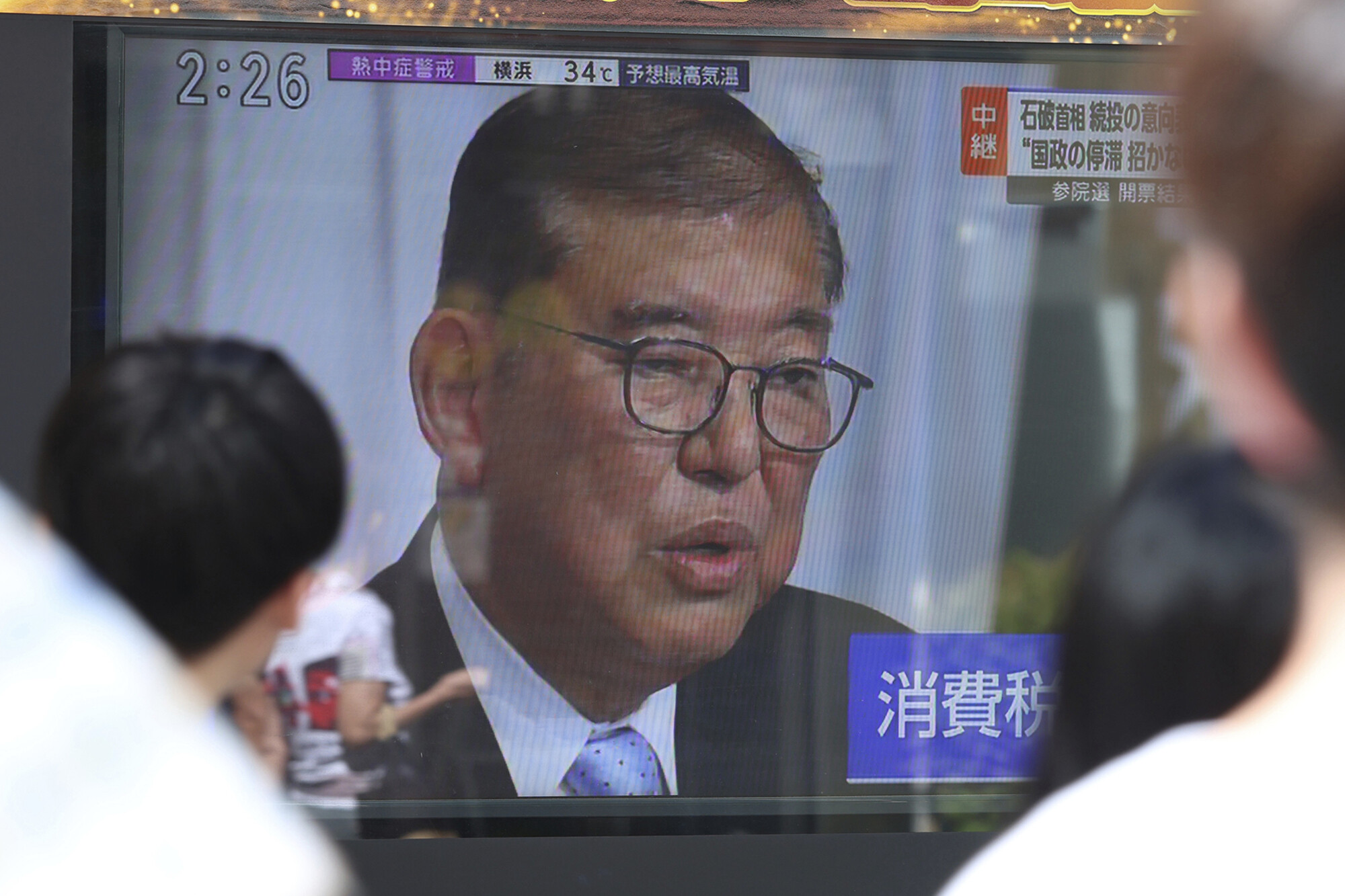
nocred
2 minutes

The Japanese parliamentary elections saw the leading party of Prime Minister Shigeru Ishiba lose its majority as right-wing parties increased their share of the vote. Penn Today spoke with Daniel Smith, associate professor of political science in the School of Arts & Sciences, who specializes in Japan, about the election results and what to expect.
The LDP-Komeito coalition has been ruling as a minority government since it lost its majority in the lower house last October. Now that it has also lost its majority in the upper house, it can still continue as a minority government, but moving legislation through parliament will be even more difficult since bills must pass in identical form in both chambers. The coalition will need to make ad hoc deals with opposition parties if none is willing to formally join the coalition.
The LDP’s losses in both elections mean that Prime Minister Ishiba’s status is further weakened within his party, and this may also affect his ability to navigate U.S. trade negotiations and other issues.
It looks like populism has finally arrived in Japan. Both parties are tapping into frustration with the long-ruling LDP establishment and rising prices, with a good deal of support for both parties coming from newly mobilized younger voters. Sanseito has also taken a cue from Donald Trump, proposing limits on foreigners and proclaiming a ‘Japanese First’ ideology. The foreign population rose by about 10.5% last year to a record high, but foreigners are still only about 3% of the population.
The LDP has always been a ‘big tent’ party on the right, with members ranging from moderates to hardline conservatives. Much of the support for Sanseito may come from conservatives who are expressing their dissatisfaction with the LDP under the moderate Ishiba. But many of Sanseito’s supporters appear to be newly mobilized voters who might have otherwise abstained.
I think Ishiba may stay on for a while. A vote of no confidence only makes sense if the opposition unites to oust the LDP, but the opposition is fragmented and unlikely to agree.
If the LDP removes Ishiba as party leader, it would need to find a replacement, and it’s not clear which LDP politician would want to take the reins in this moment of declining party fortunes.
More so than tariffs, the already-high prices of everyday items, especially rice, was a big part of voter frustration with the LDP. If past actions of the Trump administration are any clue, the Aug. 1 deadline may move again.

nocred

nocred

Despite the commonality of water and ice, says Penn physicist Robert Carpick, their physical properties are remarkably unique.
(Image: mustafahacalaki via Getty Images)

Organizations like Penn’s Netter Center for Community Partnerships foster collaborations between Penn and public schools in the West Philadelphia community.
nocred